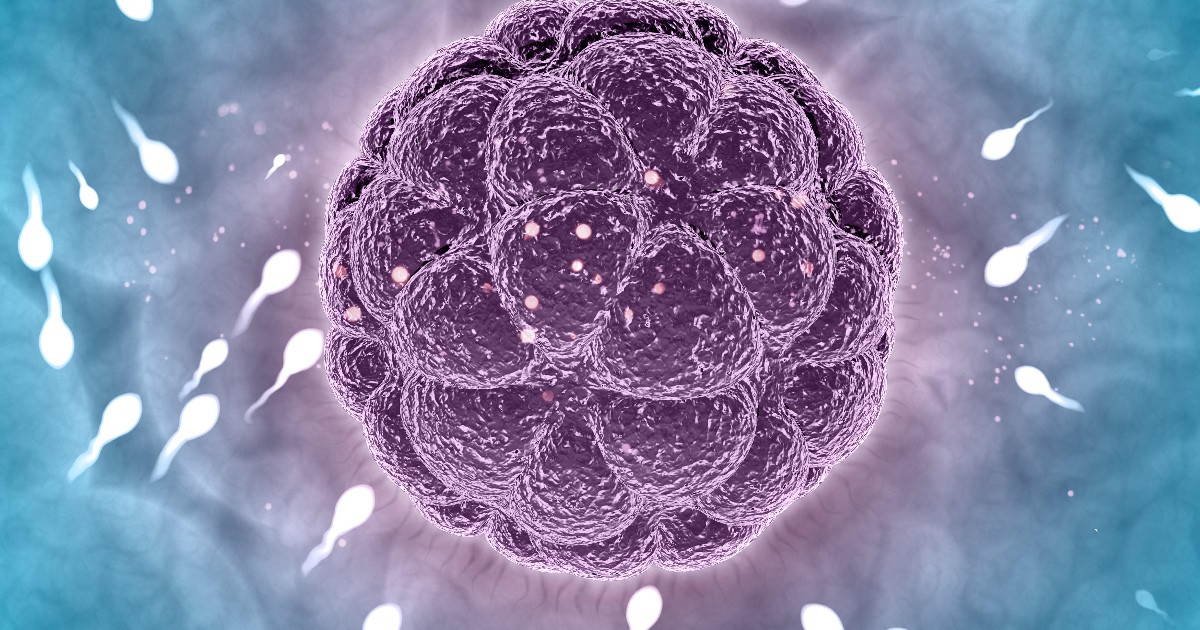What do we know about Covid-19 vaccines and fertility?

19 August 2021
We’ve been asked on WhatsApp for information regarding the Covid-19 vaccines and womens’ fertility.
The Royal College of Obstetricians and Gynaecologists (RCOG) which is the professional association of pregnancy, childbirth, and women’s reproductive and sexual health says that there is “no evidence” to suggest that the Covid-19 vaccines affect fertility. Similar statements have been issued by the British Fertility Association, the NHS and Public Health England.
The RCOG also states that there is no biologically plausible mechanism by which the vaccine would cause fertility problems.
The RCOG and the British Fertility Association recommend that women eligible for the vaccine and who are pregnant, or planning to conceive in the near or distant future, get the Covid-19 vaccine.
What other information do we have about the Covid-19 vaccines and fertility?
Although pregnant women weren’t included in the initial Covid-19 vaccine trials, there is information from the small number of people (57 pregnancies in total) who did become pregnant accidentally during these trials. This data, from the AstraZeneca, Pfizer and Moderna trials shows that there were similar numbers of pregnancies between the control group (who didn’t receive the vaccine), and the group who did.
There is also data from a small study at an IVF clinic in America which showed that rates of pregnancy were similar between women who had antibodies to Covid-19 either via vaccination or due to infection, and those who didn’t.
The Medicines and Healthcare products Regulatory Agency (MHRA) has also said “There is no evidence to suggest that COVID-19 vaccines will affect fertility and your ability to have children”.
The MHRA told Full Fact that it reached this conclusion because its “expert scientists and clinicians continually monitor the safety of COVID-19 vaccines and rigorously review all reports of suspected side effects, as well as other sources of safety information.”
It added: “We can also seek expert advice from the Government’s independent advisory body, the Commission on Human Medicines. As with any safety issue, we will keep this under review.”
Common misleading claims about the Covid-19 vaccines and fertility
There have been lots of claims made about the vaccines and fertility since they were first rolled out.
For example, there have been claims circulating that immunity to the coronavirus spike protein could cause fertility issues as it resembles a protein involved in the development of the placenta.
As we have written about before, this is unfounded. The two proteins are only very partly similar. Virology professor Ian Jones at the University of Reading previously told Full Fact, via the Science Media Centre, that the coronavirus spike protein and syncytin-1 (the protein in question involved in the placenta) don’t look similar enough for the same antibodies that the body would create as an immune response to the vaccine, to bind to and attack. He said that syncytin-1 is “completely unrelated to the SARS [spike] protein” and the risk of infertility is “therefore essentially fictitious.”
It is important to remember that in addition to antibodies generated from vaccines, most people who experience a COVID-19 infection also go on to develop antibodies to the SARS-CoV-2 spike protein, and the evidence to date does not suggest that this has caused fertility problems in people who have previously been infected with Covid-19.
We have also previously written about false claims attributed to the impact of lipid nanoparticles in some of the Covid-19 vaccines on fertility. The paper used as evidence for this claim talked about potential toxicity as a result of comparatively high doses of heavy metal and carbon nanoparticles. These are not the same as the type of lipid nanoparticle used in some of the Covid-19 vaccines.
What about period disturbances?
Following the vaccine roll out, there has been publicity around reports of menstrual disturbances (period problems). This has caused alarm in its own right, but has also led to concerns about fertility.
The MHRA Yellow Card system is a reporting system for suspected side effects to vaccinations (as well as medicines, medical devices and diagnostics). Members of the public and health professionals can report events that happen around the time of vaccination or administration, but it’s not definite that these were all caused by the product.
Up until 4 August, there have been 30,304 Yellow Card reports related to menstrual disorders, including heavier menstrual bleeding, delayed periods or unexpected vaginal bleeding around the time of Covid-19 vaccination. This is amidst approximately 45 million doses of vaccine given to women.
The MHRA have said that the number of reports of menstrual disorders and vaginal bleeding is low in relation to both the number of people who have received COVID-19 vaccines to date and how common menstrual disorders are generally. As such, at present no link has been found between the Covid-19 vaccines and menstrual disorders.
However, this continues to be closely monitored.
Update 19 August 2021
Image added.

